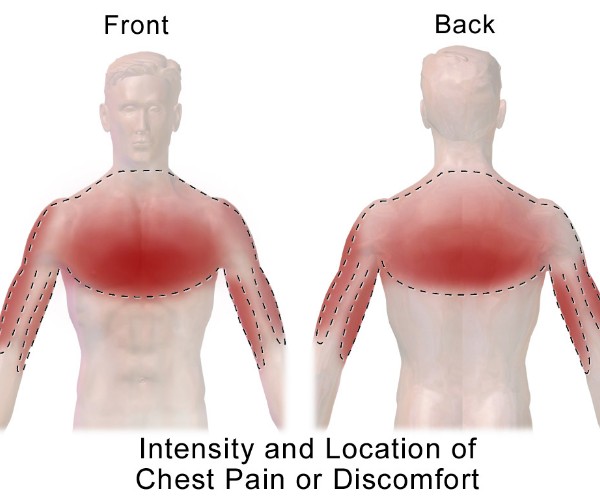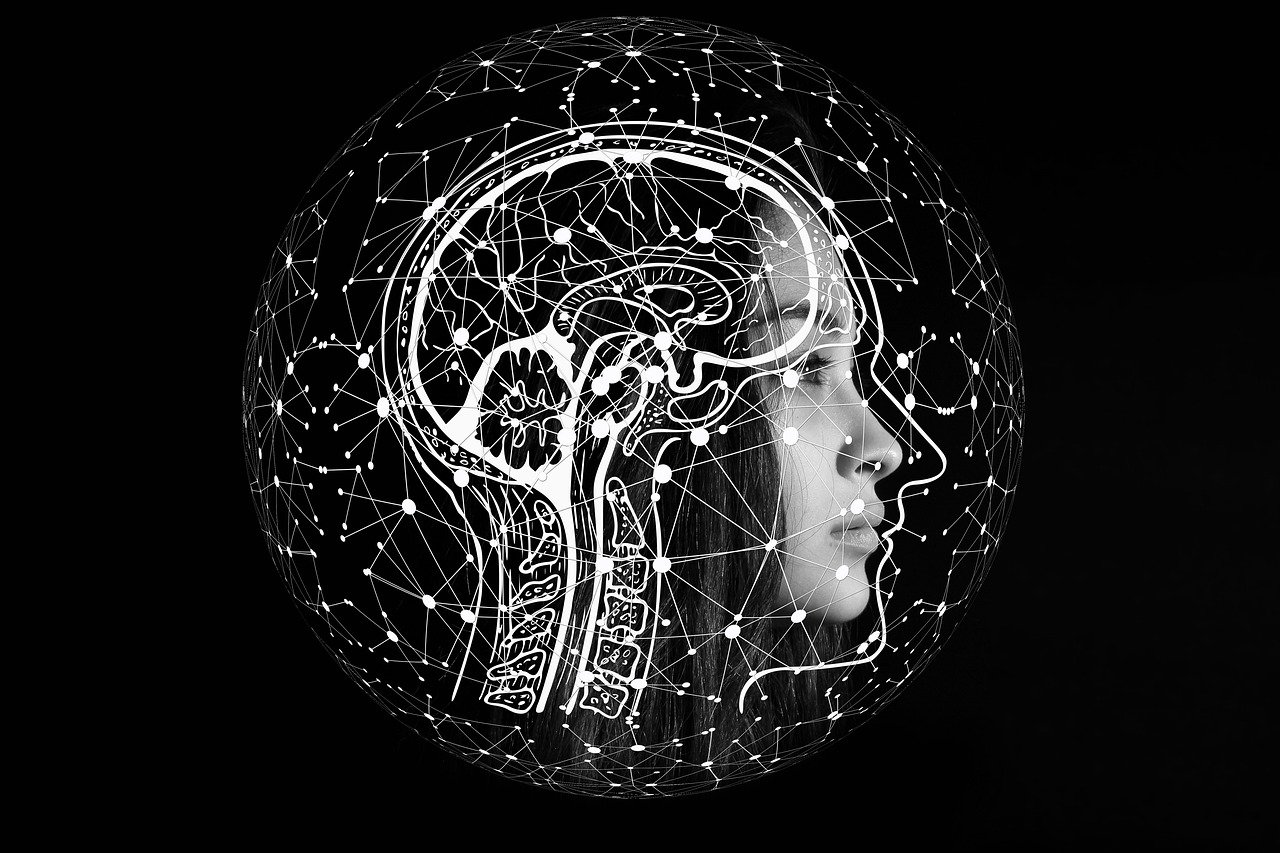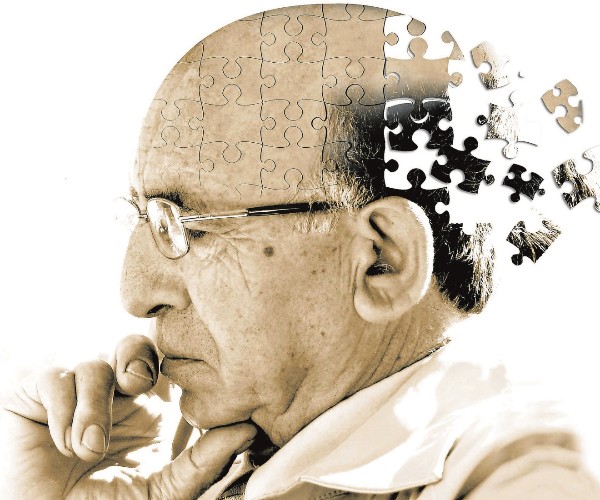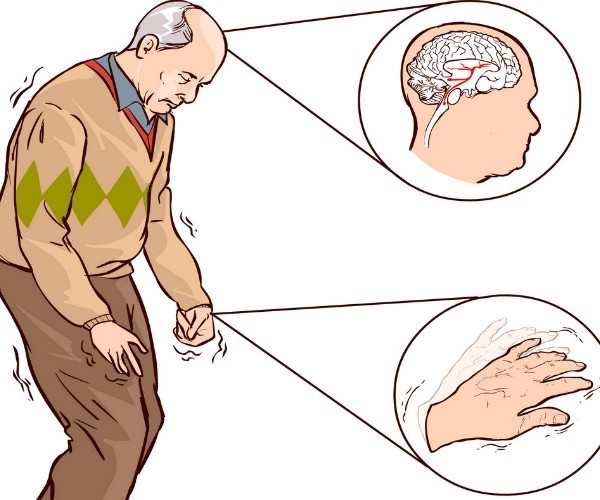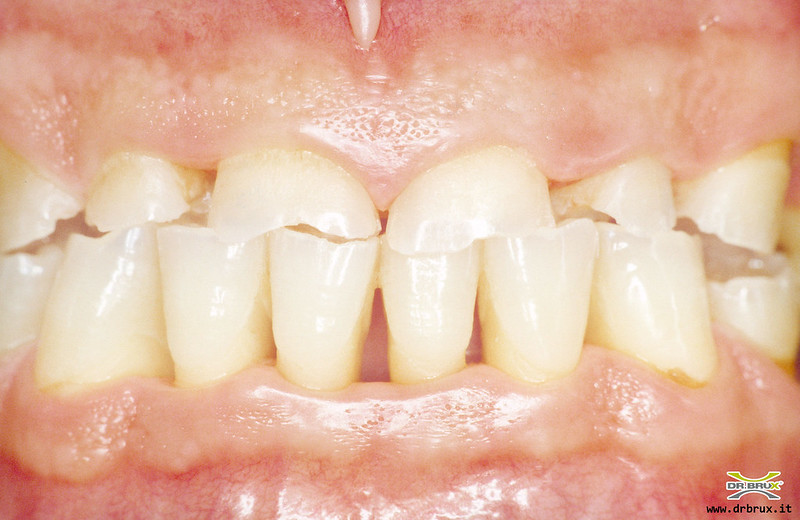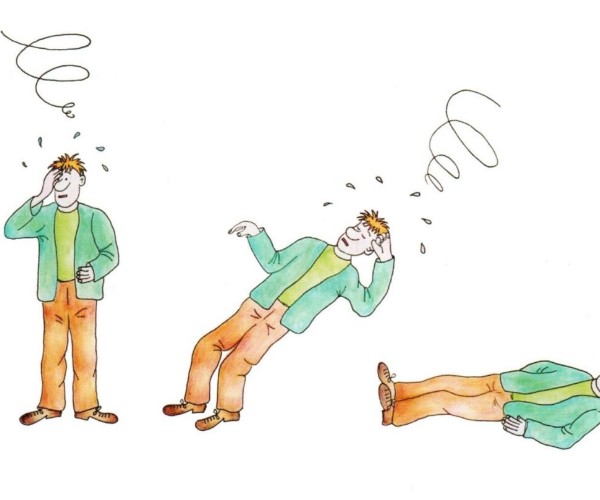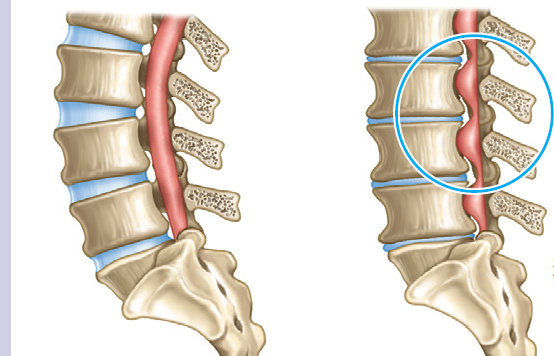Insomnia is an extremely common sleep disorder that can affect people of all ages for different reasons and come in various forms and variations, all of which have in common that they prevent people from getting enough sleep or otherwise adequate rest.
Specifically, there are: “initial” insomnia, characterized primarily by difficulty falling asleep; “terminal” insomnia, characterized by early awakenings, in the middle of the night or at dawn, with subsequent inability to fall back asleep; and “middle” insomnia, characterized by disturbed sleep with awakenings, even brief or incomplete, but repeated throughout the night, which prevent the states of deeper, more restful sleep from being achieved.
In relation to the frequency and duration of sleep difficulties, a distinction is made between occasional, recurrent, or chronic insomnia, while in relation to the cause, secondary insomnia, i.e., induced by specific, recognizable circumstances, factors, or pathologies, or primary insomnia, i.e., related to alterations in the physiological mechanisms that induce and maintain sleep and/or a de-synchronization of the biological clock (circadian rhythms), unrelated to external interference, are identified.
Occasional insomnia is a definite annoyance, but it poses no particular risk to overall health, except exposing you to a greater likelihood of accidents due to residual fatigue the next day.
Recurrent or chronic insomnia, on the other hand, should not be overlooked and should always be reported to the physician because, in addition to causing persistent fatigue, general malaise, and decreased performance throughout the day, insufficient or poor quality sleep has significant negative repercussions on physical and mental health.
In particular, a strong correlation between insomnia and increased cardiovascular risk has been demonstrated, mainly related to the inability to benefit from the physiological nocturnal reduction in blood pressure and the negative interference of inadequate sleep on blood glucose and appetite regulation, resulting in an increased risk of developing type 2 diabetes, overweight/obesity, and metabolic syndrome.
In addition, a close biunivocal link between insomnia and mood disorders such as anxiety and depression and/or eating disorders is now established.
Sometimes, insomnia can also be associated with endocrine imbalances and reduced fertility, and, in women, the onset or worsening of sleep disturbances in the early stages of menopause, coinciding with the reduction in estrogen levels that characterizes the end of childbearing age, are typical.





